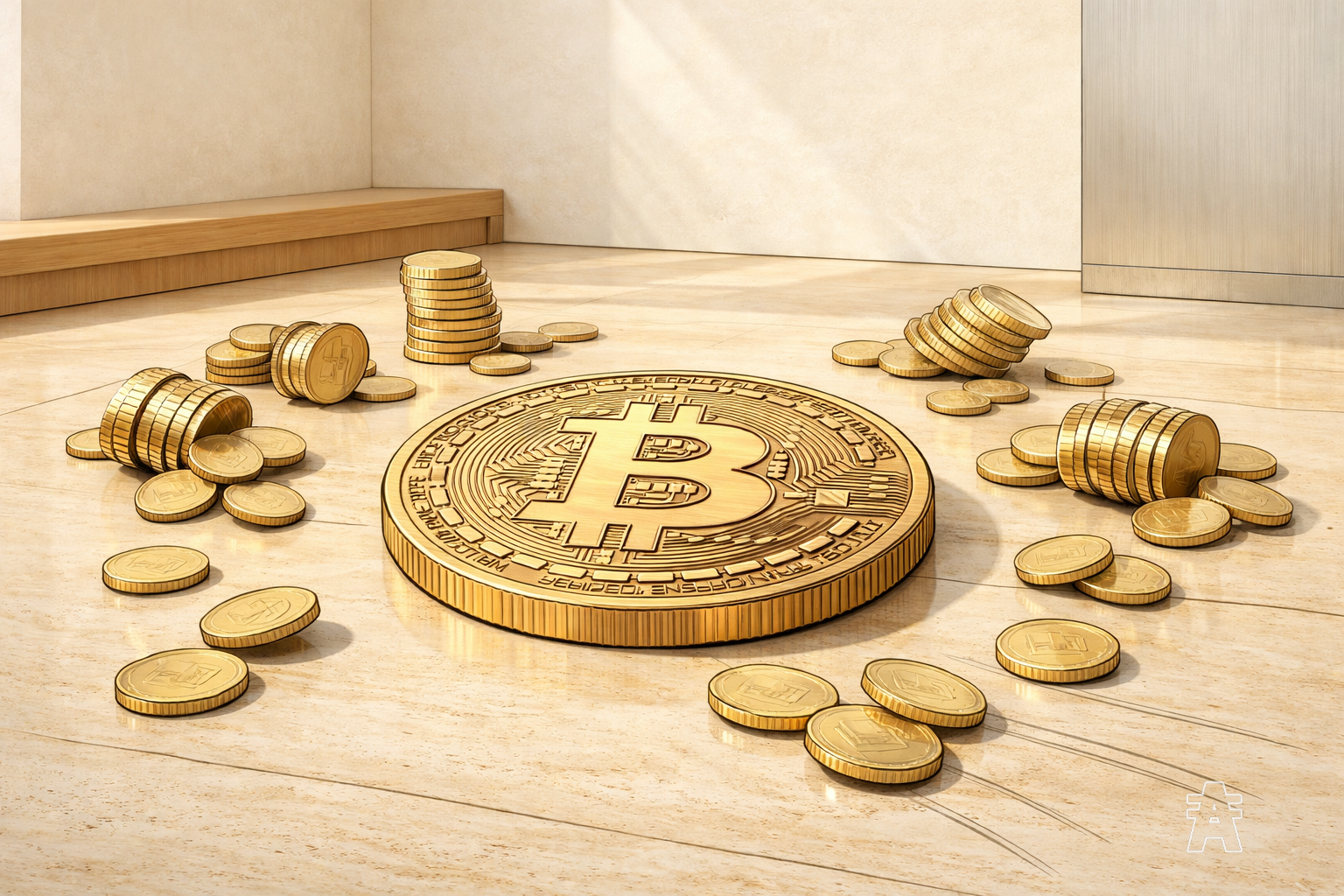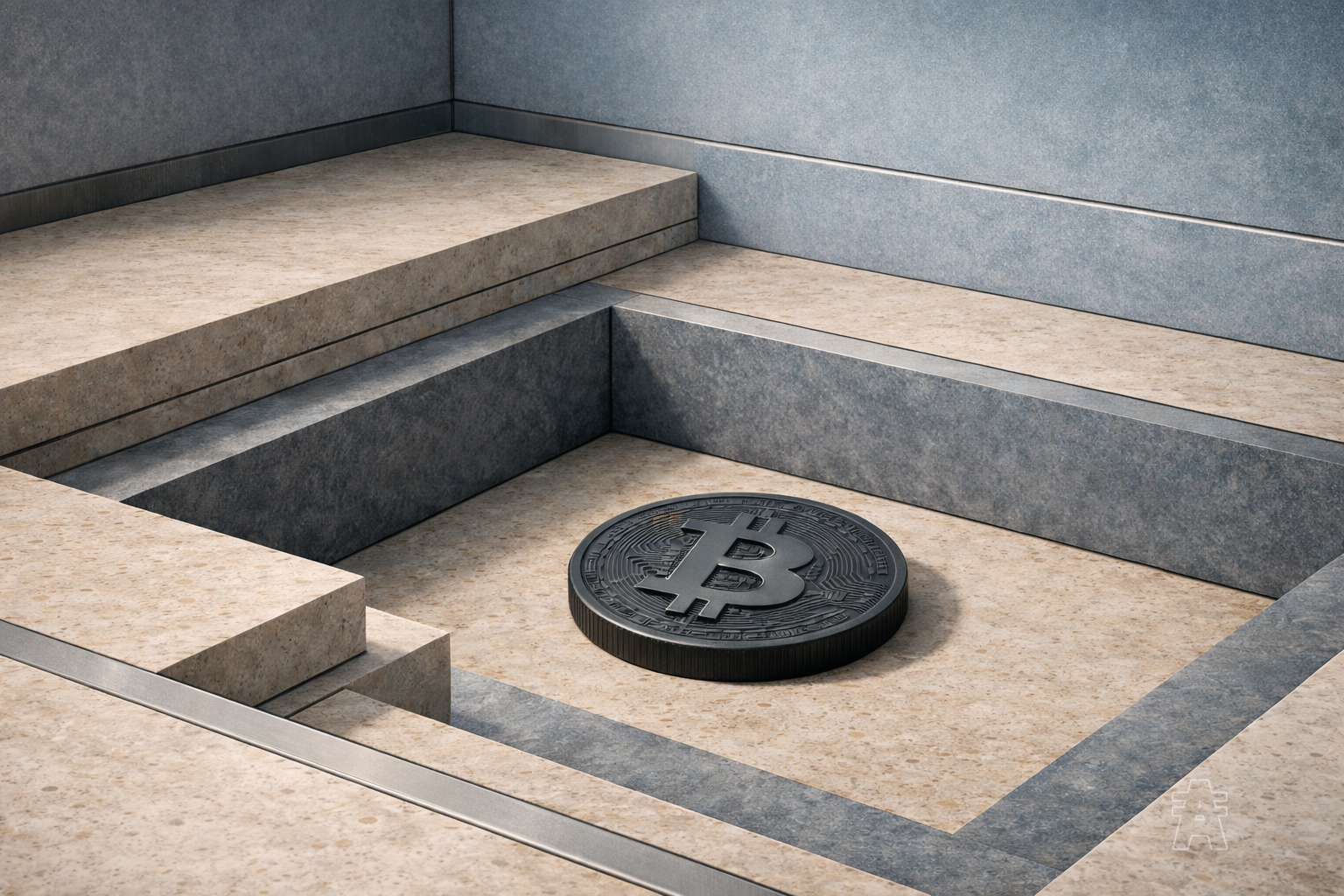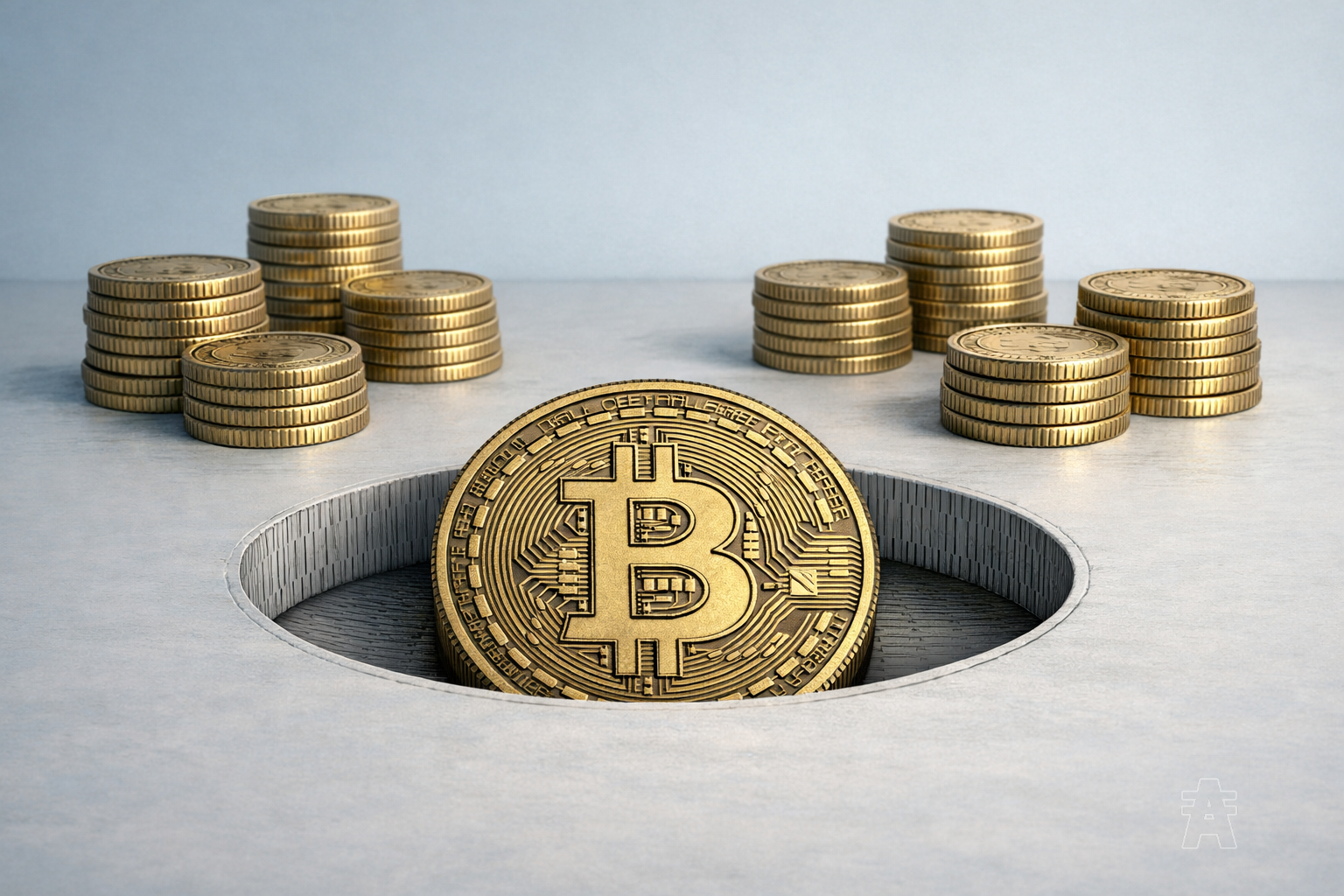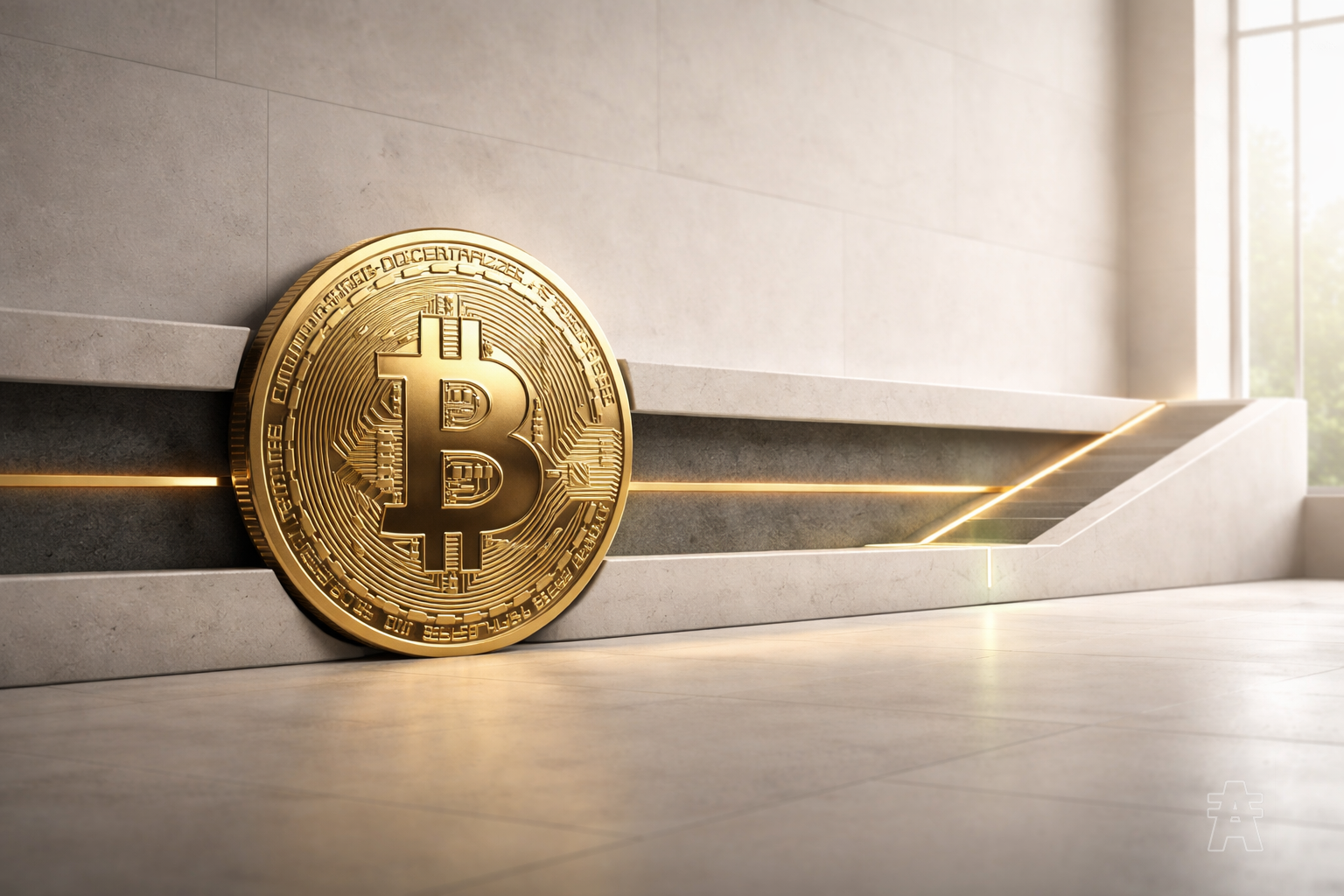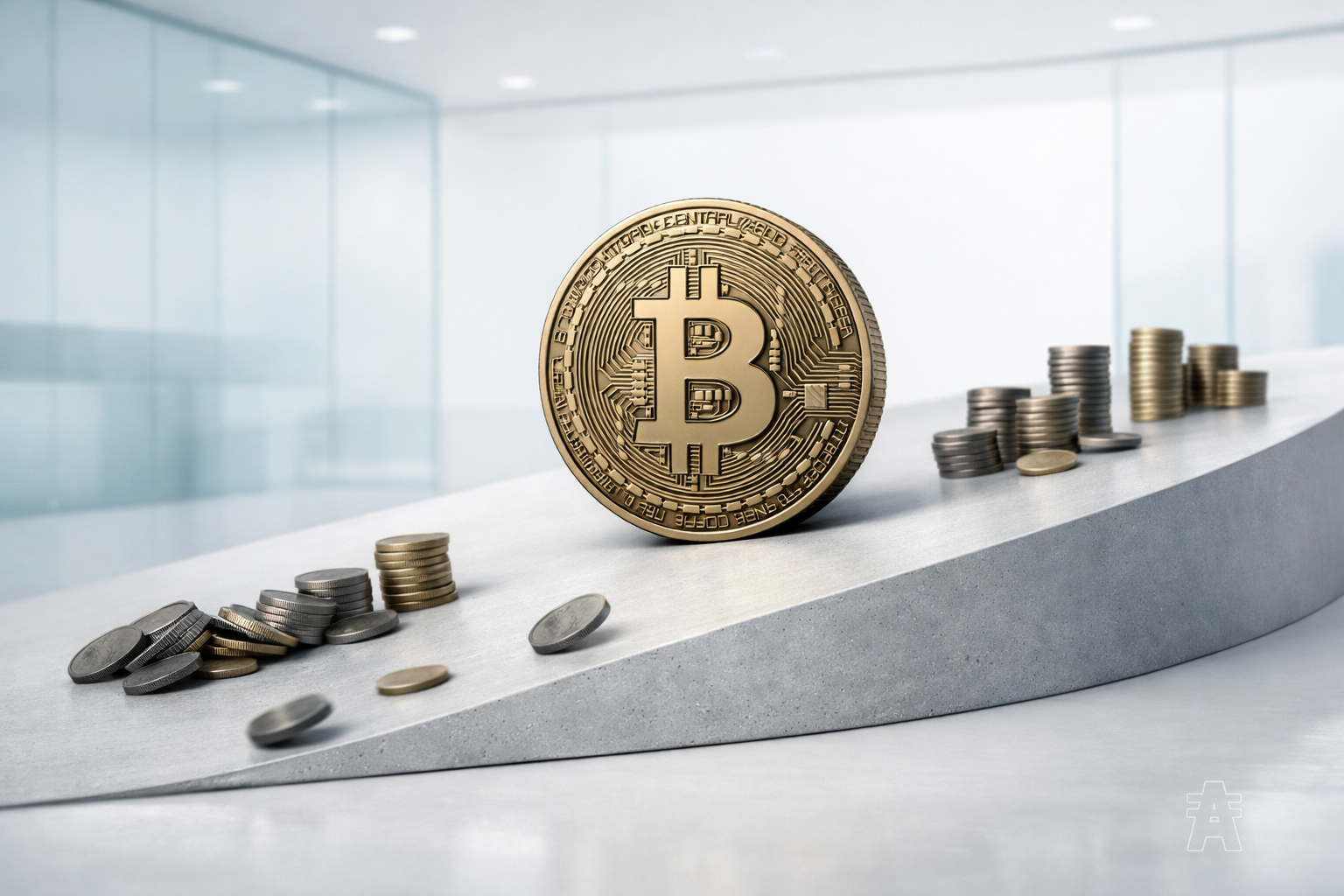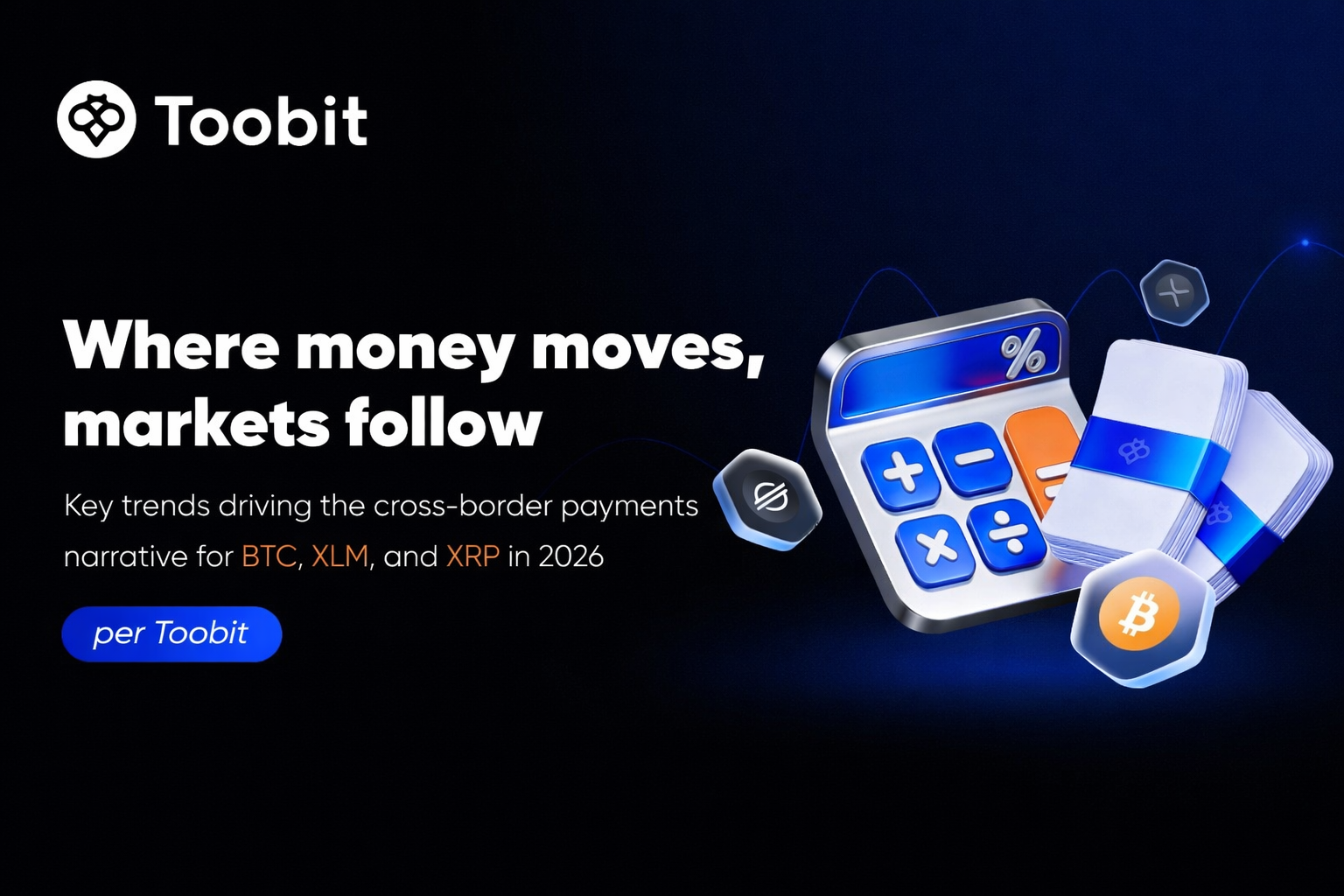Table of Contents
Blockchain technology and cryptocurrencies are quickly transforming the financial and digital landscape, so much so that many are wondering:
Will Bitcoin Become the World's Next Reserve Currency?
Through a blend of macroeconomic shifts, technological advancements, and geopolitical maneuvers, the argument for Bitcoin as a linchpin in the future of global finance is gaining traction.
This article delves into the multifaceted role Bitcoin could play in enhancing US national security, reshaping the distribution of global power, and upholding democratic values amidst a tapestry of risks and opportunities.
What is a World Reserve Currency?
A World Reserve Currency is a currency widely held by governments and institutions for their foreign exchange reserves and used globally for international transactions, investments, and as a standard for pricing commodities.
The "World Reserve Currency" gains this status through its stability, reliability, and the economic strength of its issuing country, facilitating smoother global trade by mitigating the need for currency exchanges.
The country issuing the reserve currency enjoys considerable benefits, such as lower borrowing costs and greater financial flexibility. Historically, this role has shifted among currencies, reflecting the changing dynamics of global economic power.
Currently, the US Dollar holds this position, but discussions about potential alternatives, including government digital currencies (CBDCs) and the evolution of the global financial system moving towards a quantum-resistant, fully blockchain-based system commonly referred to as the New Quantum Financial System.

Bitcoin as a Strategic Asset for US National Security
The concept of Bitcoin as a strategic asset for national security is far from abstract. Drawing from Matthew Pines’ extensive analysis, we uncover the tangible benefits that Bitcoin could bring to the US.
There are many benefits Bitcoin can offer, from bolstering renewable energy adoption to enhancing the resilience of the power grid, Bitcoin mining emerges as a potent tool in the quest for energy efficiency and sustainability.
As the US strides towards its net-zero emissions goal by 2050, Bitcoin’s role as a flexible energy consumer can significantly aid in balancing the grid and fostering a robust, eco-friendly energy sector.
Promoting Favorable Distribution of Power
The geopolitical landscape has been dominated by the US for the past seven decades. However, with China's ascendancy as a formidable challenger, the dynamics of global power are shifting.
Pines advocates for Bitcoin as a neutral digital commodity that could reassert US dominance by undermining the burgeoning de-dollarization trend led by adversaries. By leveraging Bitcoin, alongside its mining capabilities and taxation potential, the US can pioneer a new era of financial supremacy, countering the influence of gold and authoritarian digital currencies.
Defending Democratic Values
Bitcoin's ethos of decentralization and freedom aligns closely with democratic principles, earning it the moniker of "freedom money." Its capacity to empower political activists, refugees, and those in hyperinflation-stricken nations underscores Bitcoin's value beyond mere economics. The US, by embracing Bitcoin, can export these values, enhancing its soft power on the global stage while challenging authoritarian regimes.
Addressing the Risks
The journey towards Bitcoin’s elevation as a reserve currency is fraught with challenges. From the volatility of fiscal policies to potential geopolitical tensions over mining dominance, the path is complex and uncertain. Moreover, the notion of backing fiat currency with Bitcoin raises profound questions about the very foundation of national monetary systems and their reliance on trust and stability.
The Bitcoin Milkshake Theory
Luke Mikic’s "Bitcoin Milkshake Theory" presents an intriguing scenario where Bitcoin, rather than undermining the dollar, could invigorate it by serving as a new reserve asset.
This theory, integrating insights from both the Dollar Milkshake and Bretton Woods III theories, suggests a future where Bitcoin backs the dollar, restoring faith in its value and offering a bulwark against emerging market currencies' instability.
Bitcoin as Legal Tender
El Salvador made headlines as the first country to adopt Bitcoin as legal tender, a bold move showcasing Bitcoin's potential beyond speculative investment to a recognized medium of exchange.
This decision marked a significant step towards Bitcoin's integration into the global financial system, offering a glimpse into a future where digital currencies play a central role in national economies.
The acceptance of Bitcoin by other nations could further solidify its position as a de facto global reserve currency, enhancing its liquidity, stability, and acceptability on the international stage.
While formal recognition as a World Reserve Currency is still far away, the growing popularity of Bitcoin and its use as a medium of exchange by countries seeking financial inclusivity and autonomy from traditional banking systems nudges it closer to becoming an unofficial pillar of global commerce.
Can Bitcoin Truly Reign Supreme?
While the discussions and theories surrounding Bitcoin’s potential as the next world reserve currency are compelling, numerous hurdles remain. The feasibility of Bitcoin backing fiat currency, the strategic implications of mining, and the societal transformations required for such a shift are substantial.
Despite these challenges, Bitcoin’s role as "freedom money" and its untapped potential in US foreign policy present undeniable opportunities for redefining global financial systems.
In conclusion, whether Bitcoin can ascend to world reserve currency remains an open question. The debates illuminate a broader narrative about the evolution of money, the future of national sovereignty in finance, and the quest for a more equitable and secure global economy.
We are living in interesting times where technology and technological developments are happening at a pace faster than we can perceive. This technological financial revolution we are in, initiated by the creation of blockchain technology and the emergence of Bitcoin is resulting in massive and tectonic changes to our monetary and financial system, potentially even completely replacing it.


